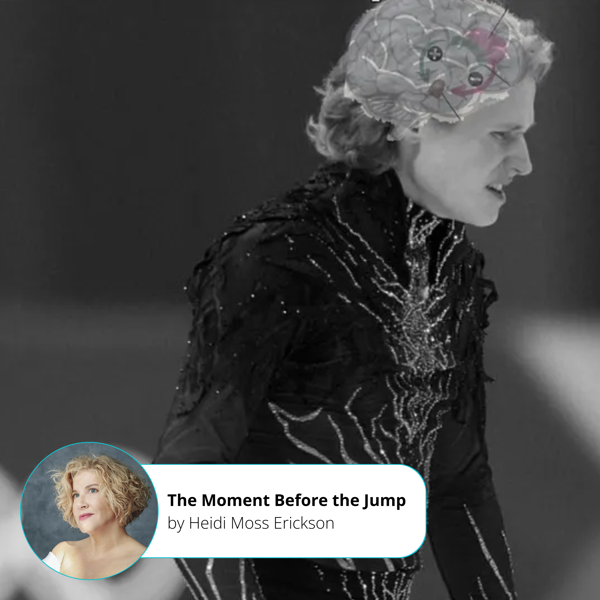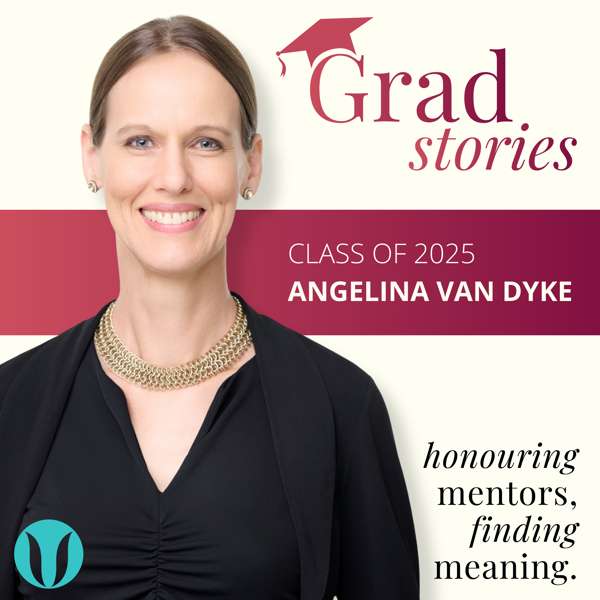Language and its use are ever evolving. The spoken word shapes meaning through vocal prosody in addition to word choice, order, and context. The spoken word, also, frequently has an interlocutor with whom immediate or swift repair can be made if misunderstandings occur. The written word doesn’t have access to the same support. It’s a different medium, requiring different care.
‘A clear sentence is no accident’ (Zinsser, 1976). Rather, it is a deliberate choice, and not necessarily easy to construct. Part of sentence construction relies heavily on word selection.
Research is replete with unfamiliar terms for those outside or new to distinct disciplines. Further, there can be conflicting use of terms in the literature. When writing, we ourselves might use terminology unfamiliar to readers, or terminology for which they may have an understanding that differs from more specialist usage.
Feedback on written work can often include requests for ‘clarity’. Sometimes feedback can indicate that intention isn’t simply unclear but actively misleading. Defining terms is vital to mitigating this.
The act of naming can feel intimidating. “How do I know? I’m just learning”, we might think. We could feel vulnerable discussing contention around the varying usage of ‘head voice’, ‘thin folds’, ‘M2’, ‘falsetto’; vulnerable in choosing to align ourselves with one term, particularly. Or we may feel unqualified to discuss ‘anxiety’, ‘stage fright’, ‘nerves’, the white room’. To assuage these discomforts, I’d like to consider the word ‘essay’ – reasons for which will, I hope, become clear.
Every module on our Master’s programme involves writing an essay. It is variously described as the ‘written element’, ‘paper’, ‘report’, ‘assignment’, ‘review’. The word ‘essay’ often refers to educational tests and academic work of non-fiction. However, its origins lie in the Old French meaning to ‘trial, attempt, essay’, and Late Latin meaning ‘a weighing up, driving out and examination’. The essay is a discursive piece, an enquiry. Often it is at its best when considering a dilemma – a problem to which there is no single solution – wherein a knotty topic must be unravelled so far as it can and a decision made as to what resolution might be most beneficial in given circumstances.
This idea of ‘attempting’ with the essay takes away some concerns about getting it ‘right’. It leaves me reassured that, when I write, I am trying, I am essaying. I am moving forward, rather than seeking an end. I can use my newfound understanding of the essay as a concept to engage more productively with the writing.
So, if essays are attempts at working out, and if my development (change and progress) requires discovery of something new to me, it is likely that through making these attempts – these ‘essays’ – some of the uncomfortable sensations noted above (fear of getting it wrong, feeling not up to the task, for example) will lessen or shift as I evolve with my learning. My evolution will come through making the essay.
In defining ‘essay’, I have given myself the knowledge and permission to disregard the notion that writing an essay means to be tested. Instead, I can participate actively in the testing of thoughts and ideas that will lead to new outcomes for me. I can make the learning about my progression.
To define is to specify, state the significance of, determine with precision. Defining delimits an area for consideration. It doesn’t deny other areas exist; it directs focus more specifically. If you are clear about the meaning of your terms, if you have defined terms as you intend to use them, you give yourself a perspective on the broad horizon of your topic while also plotting precise coordinates for both you and your reader to follow. You give your discussion a supporting framework and container in which its potency can manifest and not become diffuse and difficult to see.
If all essays are an attempt, then all essay writing is growth – growth of knowledge, growth of critical skills in writing and thinking. Some of this growth might be visible; some invisible, as with the roots of plants. But all is evolution and development. Try to hold this in mind, particularly when you encounter struggles in or with your work. We are all limited in knowledge; examining our words more deeply and choosing them most carefully will only ever increase this, and will support better understanding in and of ourselves and clearer communication with others.
References:
Anon., n.d. Online Etymology Dictionary. [Online]
Available at: https://www.etymonline.com/word/essay
[Accessed 20 September 2023].
Bach, K., 1994. Conversational Impliciture. Mind & Language, pp. 124-162.
Baxter Magolda, M.B., & King, P.M. (2007). Interview Strategies for Assessing Self-Authorship: Constructing Conversations to Assess Meaning Making. Journal of College Student Development 48(5), 491-508. doi:10.1353/csd.2007.0055.
Merchant, G. (2001), Teenagers in cyberspace: an investigation of language use and language change in internet chatrooms. Journal of Research in Reading, 24: 293-306. https://doi.org/10.1111/1467-9817.00150
Pennebaker, J. W., & Stone, L. D. (2003). Words of wisdom: Language use over the life span. Journal of Personality and Social Psychology, 85(2), 291–301. https://doi.org/10.1037/0022-3514.85.2.291
Steinhauer, K., Friederici, A.D. Prosodic Boundaries, Comma Rules, and Brain Responses: The Closure Positive Shift in ERPs as a Universal Marker for Prosodic Phrasing in Listeners and Readers. J Psycholinguist Res 30, 267–295 (2001). https://doi.org/10.1023/A:1010443001646
Zinsser, W., 1976. On Writing Well: The Classic Guide to Writing Nonfiction. New York: Harper Perennial.




